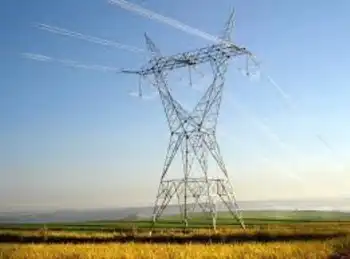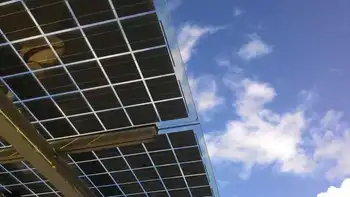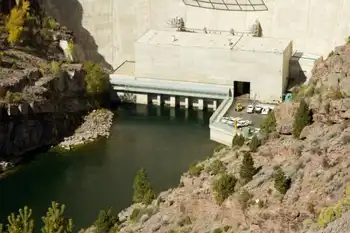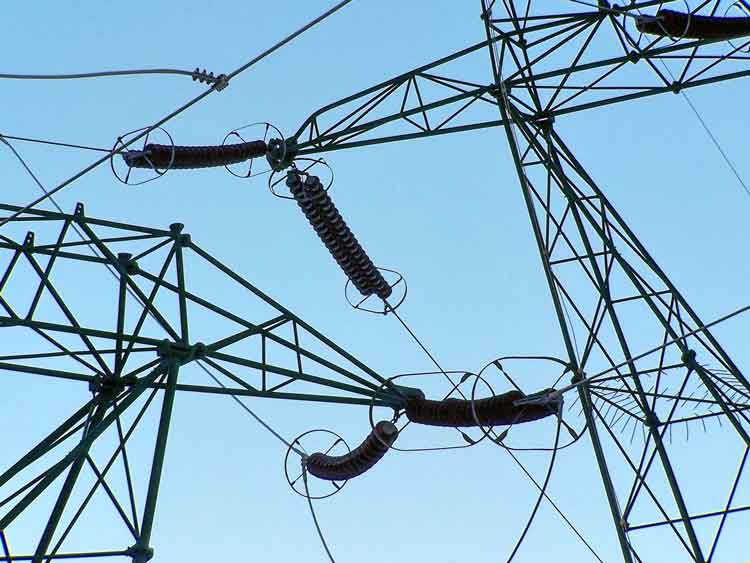Morocco launches solar power initiative
By Industrial Info Resources
CSA Z463 Electrical Maintenance
Our customized live online or in‑person group training can be delivered to your staff at your location.

- Live Online
- 6 hours Instructor-led
- Group Training Available
The power generated is expected to account for 38% of the country's installed power capacity by 2020. The project will be funded by a mix of government and private sources.
Ali Fassi Fihri, Chairman of Morocco's power utility company Office National de l'Etlectricite, said that the project will help Morocco become a pioneer in renewable energy production in the region. The power generated will be equivalent to the current power consumption of Casablanca, the country's commercial capital.
Morocco is the only country in North Africa that does not produce oil, and the country is keen to reduce oil and gas imports by focusing on renewable energy sources. Amine Benkhadra, Morocco's energy minister, said that the project will involve overseas energy players and the most advanced technology available will be employed. No details about the project timeline have been disclosed so far.
The scheme was launched in a ceremony attended by King Mohamed VI of Morocco and U.S. Secretary of State Hillary Clinton.
In other developments in North Africa, Desertec Industrial Initiative GmbH (DII), a sustainable energy initiative launched by a consortium of 12 European companies, has announced plans to begin development of a huge solar power generation project in the Sahara Desert. The project was first announced at Munich in July.
The initiative proposes to supply Europe with power from 2015 and meet 15% of the continent's electricity requirement by 2050. The remaining power will be fed through a super grid of high-voltage direct current cables to the Middle East and North Africa. The complete project will involve an investment of 400 billion euros (US$593.58 billion) by 2050.
The complete project plan, including financial and technical requirements, is scheduled to be designed by 2012.
The members of the DII consortium are ABB Limited, Abengoa Solar SA, Cevital, Desertec Foundation, Deutsche Bank AG, E.ON AG, HSH Nordbank, MAN Solar Millennium, Munich Re, M+W Zander, RWE AG, Schott AG, and Siemens AG. More companies from other countries have expressed interest in the initiative and are expected to join DII as shareholders or partners in future.
According to Paul Van Son, chief executive of DII, the first stage of the project will involve the development of massive solar energy fields across the desert by using concentrated solar power technology, which focuses the rays of the sun on water containers by using parabolic mirrors. Steam that is generated is then used to drive turbines to generate carbon-free electricity. The energy field will be created across 17,000 square kilometers of the Sahara Desert.
According to the Institute of Energy under the European Commission, capturing just 0.3% of the sunlight falling on the Saharan and Middle Eastern deserts could generate enough power to meet all of Europe's power requirements.
Upon completion, the DII project will surpass any other comparable projects currently being developed in Europe and North Africa.











